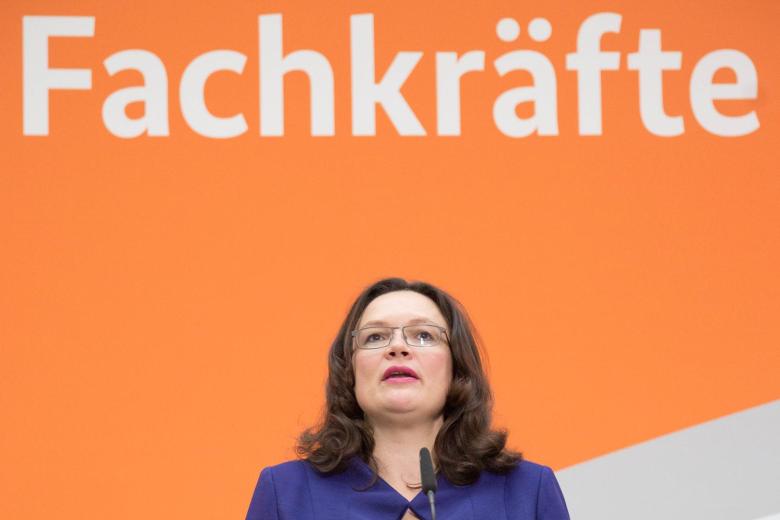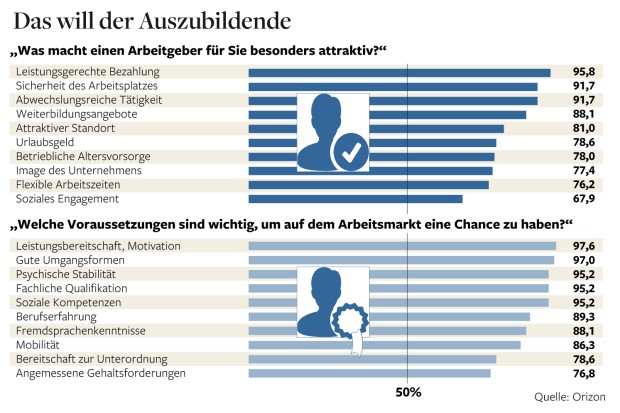
If you have been following German politics, you might have caught on the migration law discussion with Interior Minister Horst Seehofer threatening to quit his position in June, if his demands weren’t met. Yesterday, the coalition government finally presented the results of their long discussions.
Tuesday morning at the Federal Press Conference, the Labor Minister Hubertus Heil, Interior Minister Horst Seehofer and Minister of Economic Affairs Peter Altmaier presented the new changes to the Migration law ([Fachkräfte]Einwanderungsgesetz) that is set to be approved by the Federal Cabinet.
Seehofer speaking at the presser said that he was “completely satisfied and in agreement” and hoped to alleviate the shortage of skilled workers, contribute to the stabilization of the pension and welfare systems, and be able to reduce illegal migration.
This new law will be limited to five years, therefore only until 2023.
Well like every other new migration law in Germany in the last decade, this new one will ALSO be based on the Canadian model, looking to attract skilled workers and academicians while locking out the uneducated and unskilled.
So what should you (as a national of a Third State) expect from this new law?
Contents
6-Month Job Seeking Visa
If you’re a professional/expert in your field, then this visa will make it easier for you to migrate to Germany even without a concrete job offer. You will however need to prove that you have the required German skills to work in that field and are able to sustain yourself during your stay in Germany before getting the visa. Previously, the visa was only available to people who went to German universities, this will no longer be the case.
Priority for German Employees over Third State Nationals Waived
This new law will generally eliminate the Priority Check (Vorrangprüfung) i.e. the employer having to provide evidence that there is no German or EU national that can do that job before being allowed to offer it to a Third State (Drittstaat) national.
However, States where the unemployment rates are high will be allowed to reintroduce the Priority Check and even restrict access to some professions.
Restriction to Some Professions
This new law will allow for professionals and skilled employees who move to Germany to work “in all professions to which the credentials qualify the candidate”.
Previously, Third State nationals who got an approval without the Priority Check could only work in the professions identified to have a deficiency in applicants by the Federal Employment Agency (Bundesagentur für Arbeit). There are currently 61 professions in the BA’s list.
IT Professionals
If you’re an IT Professional, then the rules are even more flexible for you. IT Professionals and other professions with an acute deficiency in applicants for positions, will be able to get a work permit without any formal qualifications if they can prove extensive work experience and have a job offer.
Easier transition to the job market for rejected Asylum Seekers
You might have followed the discussion on “Spurwechseln” i.e. whereby individuals apply for asylum and if that doesn’t work out, they instead look for a job and get a work permit instead.
Well although there’s no official restriction to this, Seehofer mentioned that this law will continue to separate Asylum from labour migration and clear criteria shall be defined in the Right to Residence laws (Aufenthaltsrecht) to avoid people taking advantage of this new provision.









